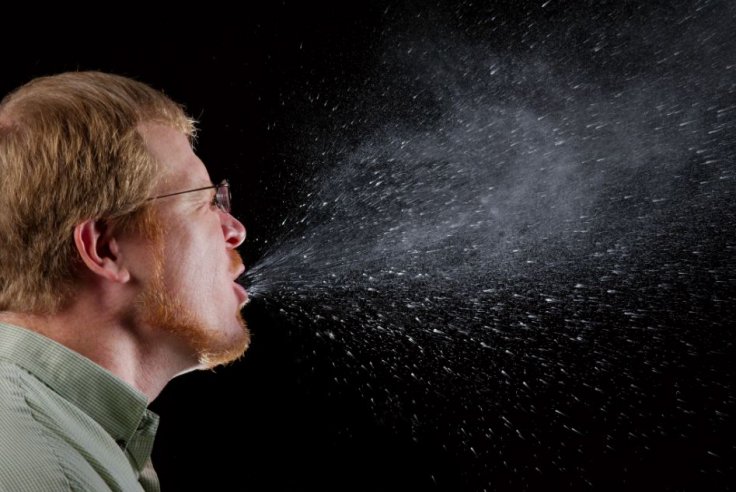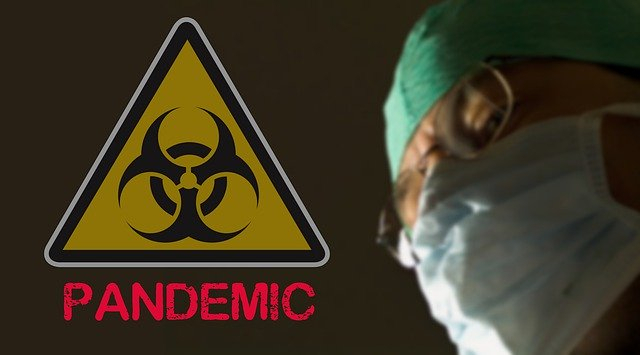Coronavirus residing in saliva droplets that come out when merely speaking can stay in the air for a longer time says new findings. Further confirmation was made after studying a superspreader case in choir practice.
It appears that the Centers for Disease Control and Prevention's (CDC) report also confirmed this study that found, droplets of our saliva launched to the air when speaking remains active for up to 14 long minutes containing the novel coronavirus. This was explained by the CDC's weekly Morbidity and Mortality Report citing details of a choir practice event, where a COVID-19 "superspreader" had infected most of them who attended it.
Superspreader in a Choir

This superspreader who was also a choir member passed the coronavirus contagion to 52 people at the event out of 61 attendees of the practice in Mount Vernon, Washington. Two of those who got infected, subsequently died. "Transmission was likely facilitated by close proximity (within 6 feet) during practice and augmented by the act of singing," said the CDC report, which also refers to the research by PNAS.
This research report was published in Proceedings of the National Academy of Sciences of the United States (PNAS) on Tuesday, named as "The airborne lifetime of small speech droplets and their potential importance in SARS-CoV-2 transmission." The study underscored the importance of social distancing; including maintenance of at least 6-feet between people and also to avoid groups and gatherings, also "wearing cloth face coverings in public," said the CDC report.
Super-emitters

The CDC report said, "The act of singing itself might have contributed to SARS-CoV-2 transmission." Emission of aerosol during speeches have been correlated with the loudness of the voice, while the report further says that certain people who release more particles than others have been called super-emitters, as hypothesized to contribute in such superspreading events.
The researchers also point out that such speech droplets released by asymptomatic carriers of coronavirus, meaning that those who are not showing any symptoms of COVID-19 are increasingly considered to likely transmit the disease more. There is a "substantial probability" after observations that normal talking also causes airborne coronavirus transmission in confined environments, the researchers said.









